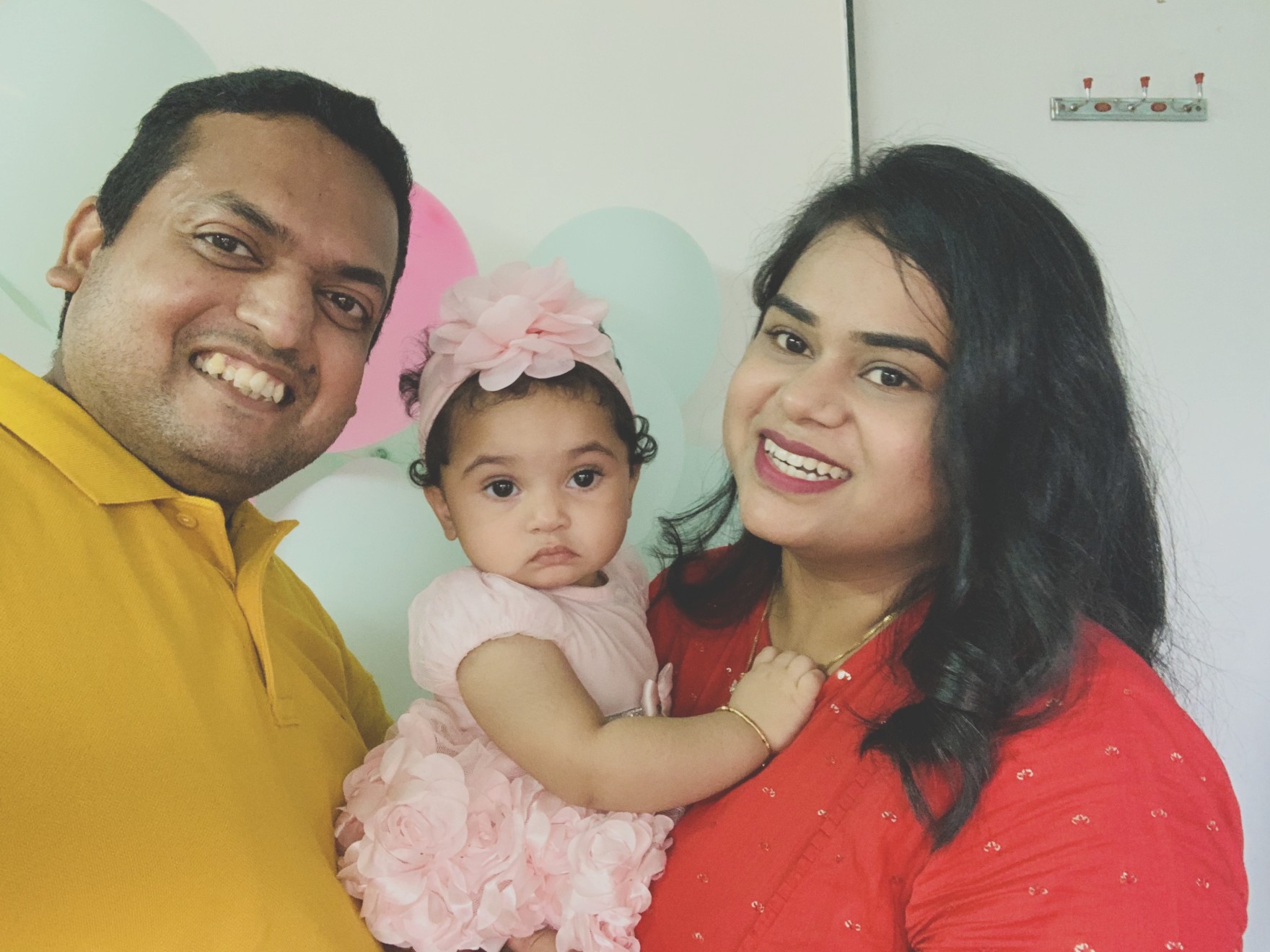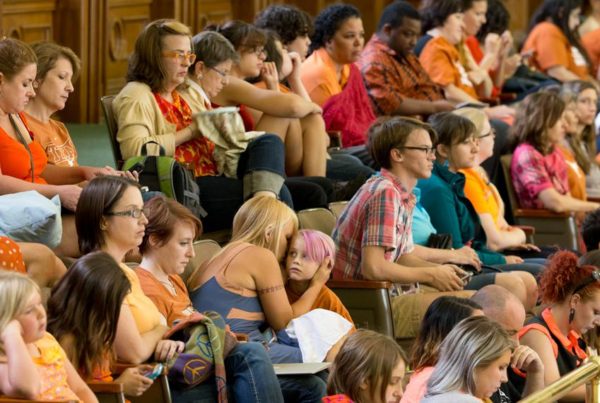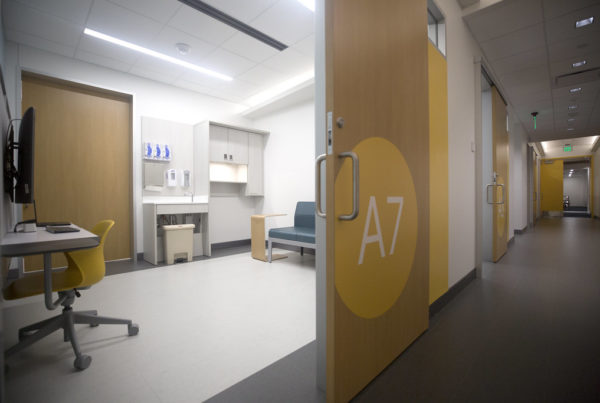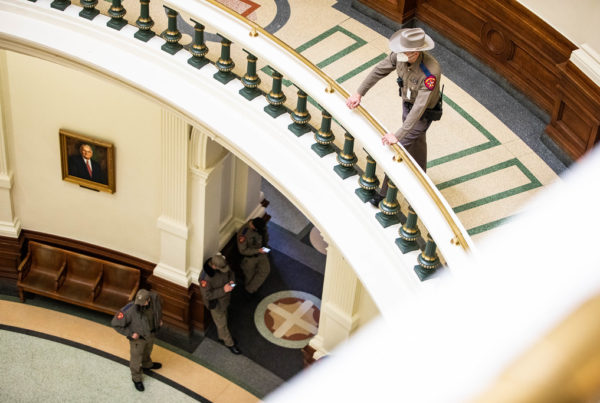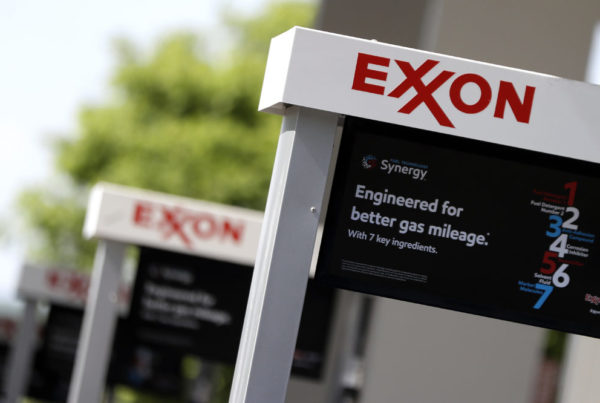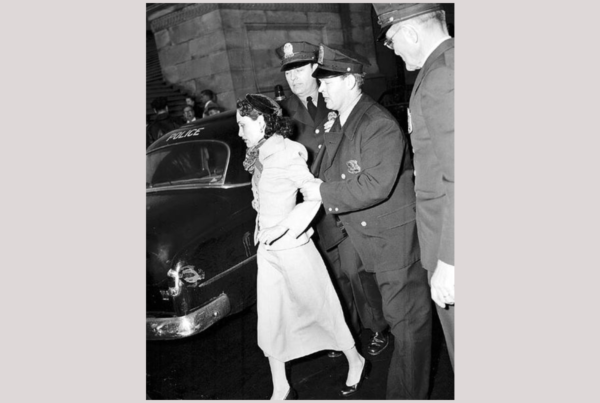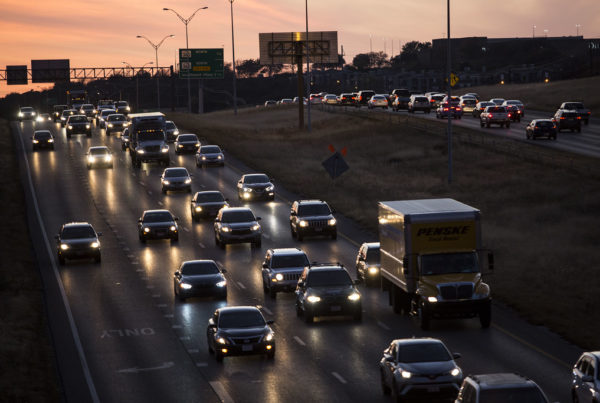From KERA:
A year ago, Dhaval Babu flew to India to visit his sick parents. It was supposed to be a short trip; the San Antonio resident planned to fly home in February.
But the U.S. consulate in Mumbai asked him for more documents before it could approve his return to the U.S. As a result, his flight home was postponed. Then came the pandemic and in March, the American consulates in India and around the world closed.
In June, President Trump issued a proclamation — expanding on one issued in April — that keeps certain employment-based visa holders from entering the country. He said they threatened American jobs at a time when the country’s economy is reeling from pandemic-induced job losses.
Uncertainty about job, life in Texas
That left Babu wondering if or when he’d be able to return to his job and life in Texas.
“My world broke into pieces when I read the proclamation. It just was unbelievable,” Babu said in July. “It just was my destiny that I just traveled during the time of pandemic.”
On New Year’s Eve, Trump extended the order, temporarily banning the entry of H-1B visa holders into the U.S. until March. H-1B visa holders are typically those who work in “high-skilled” jobs, such as engineering and research.
For now, Babu remains in India, along with his wife and 15-month-old daughter, who is a U.S. citizen. He works for a software company in San Antonio and is legally permitted to work with an H-1B visa, one of the visa categories affected by Trump’s proclamation.
His wife, who worked as an analyst, lost her job when she wasn’t able to return to the U.S.
“Since my family is here [in India] and I cannot afford to pay all my rent for this many months, so I asked my friends to pack up my stuff and move into storage,” he said. “Like what else I’m going to do? I cannot pay my rent for a year when I’m in India.”
Babu has been able to work remotely, but there’s an 11 1/2 hour time difference between India and Texas. Being up at odd hours of the night isn’t unusual for many like him who remain overseas.
Babu said he feels trapped.
“It feels like there is no light at the end of the tunnel,” he said. “It seems like the more I walk into the blank tunnel, the more there is to walk. I guess I don’t see a light at this point.”
“Not going to steal anybody else’s job”
Babu took issue with Trump’s premise that employment-based visa holders take others’ jobs.
“We have jobs right now and if I’m going to come back, I’m not going to steal anybody else’s job,” he said. “I have a job right now.”
Both visa holders who need to return to the U.S. or travel outside the U.S. are in a tough spot.
“It’s just a way to force people who are in the U.S. to end up being stuck outside the U.S. and then not allow new people into the U.S. either,” said Emily Neumann, an immigration attorney in Houston.
In August, the State Department issued some guidance for work visa holders — they can return to the U.S. if they can show they were authorized to return to the same employer they previously worked for.
But qualifying for that exemption and others can be challenging.
“People are still having trouble just getting an emergency appointment in the first place and then you might go through all of that and then they say, ‘No, you don’t qualify for that.’ ” Neumann said.
She said the situation is unfair to Babu and others like him and believes it actually hurts the country’s economic recovery.
“How can you claim that this is all for the benefit of the U.S. workers and to ensure that their jobs are not being given to foreigners when you’re blocking people who aren’t even taking jobs from coming in,” Neumann said.
Some visa holders, however, have been to get back to the U.S.
Juilee Baride is a dentist in Lubbock, who’s been in the U.S. 11 years, first on a student visa and then with an H-1B visa.
Her dad died in India in early June, so she traveled there to support her mom a couple of weeks before Trump’s proclamation was expanded.
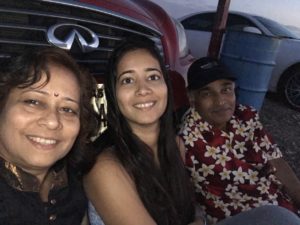
Juilee Baride, a dentist a Lubbock, visited her mom in India after her dad died last year. After Trump issued a temporary visa ban, she wasn’t sure when she would be able to return to Texas.
When Baride spoke to KERA over the summer, she said she didn’t know when she’d be able to return.
“So I’m trying to figure out, you know, what’s going to happen to me if I’m going to have a job in another six month or, you know, if I’m going to be able to go back even after six months, what I’m going to do about my car, my house, all my stuff,” she said.
Some exemptions available
Fortunately for Baride, a colleague and patient sent letters of support to the U.S. Consulate in Mumbai, and she requested an emergency appointment with the consulate.
In mid-September, Baride flew back to Lubbock after her emergency request was approved. She had to lease a new apartment online, but said “everything else is good.”
Back in India, U.S. consulates are only processing a limited number of visa appointments. Babu said he’s asked the Mumbai consulate for an update on his case, but has been told only urgent cases are being processed right now.
He said he is trying to stay positive, but that it’s hard.
“And after 11 years of working in the U.S., the country — who I gave my all [for] — will just kick me out like this.”
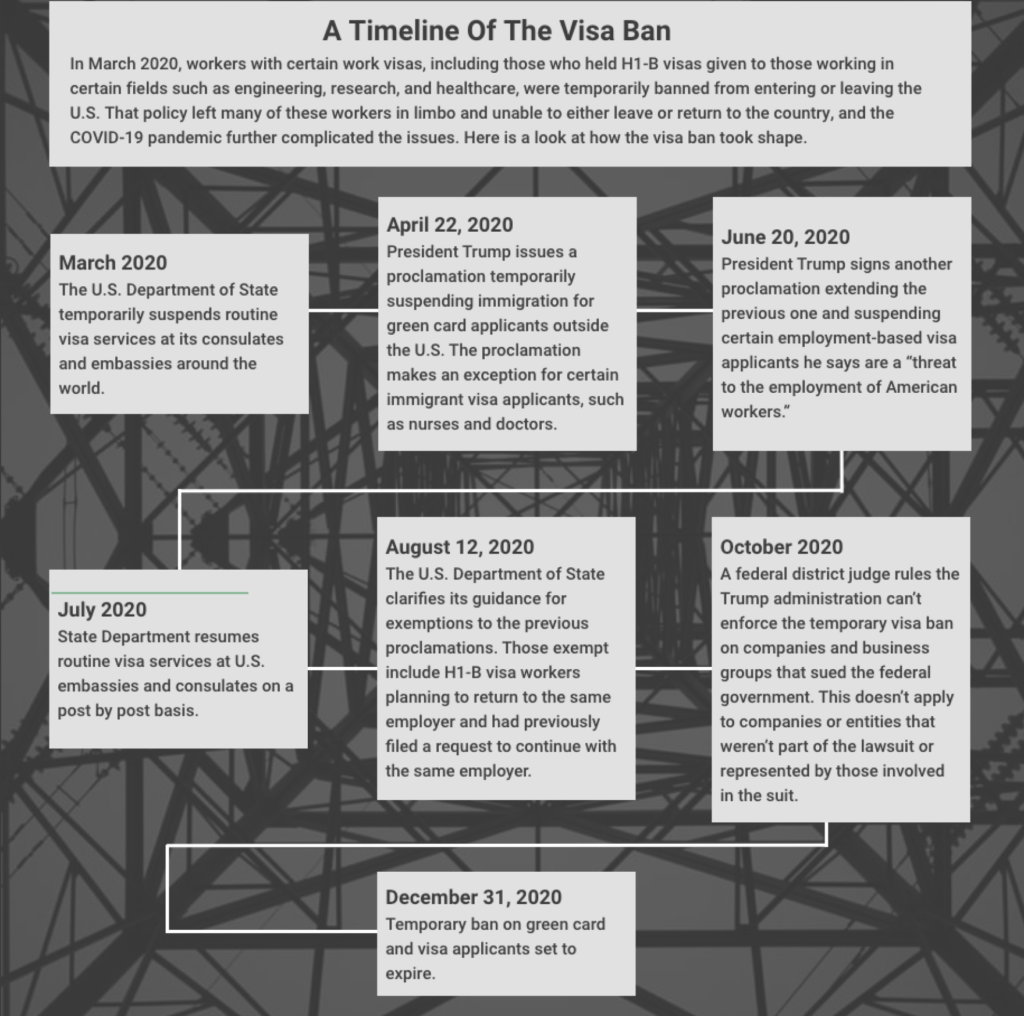
Got a tip? Email Reporter Stella M. Chávez at schavez@kera.org. You can follow Stella on Twitter at @stellamchavez.


